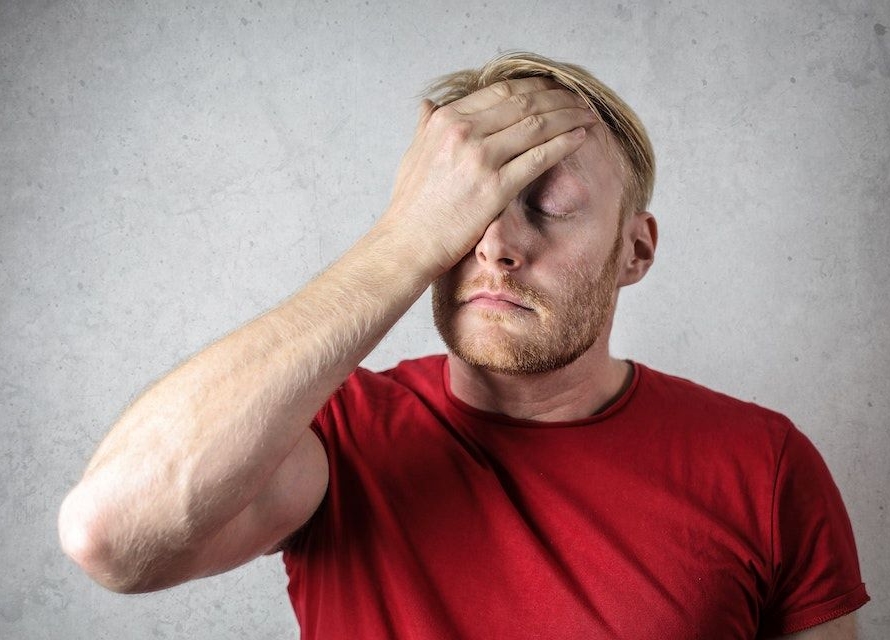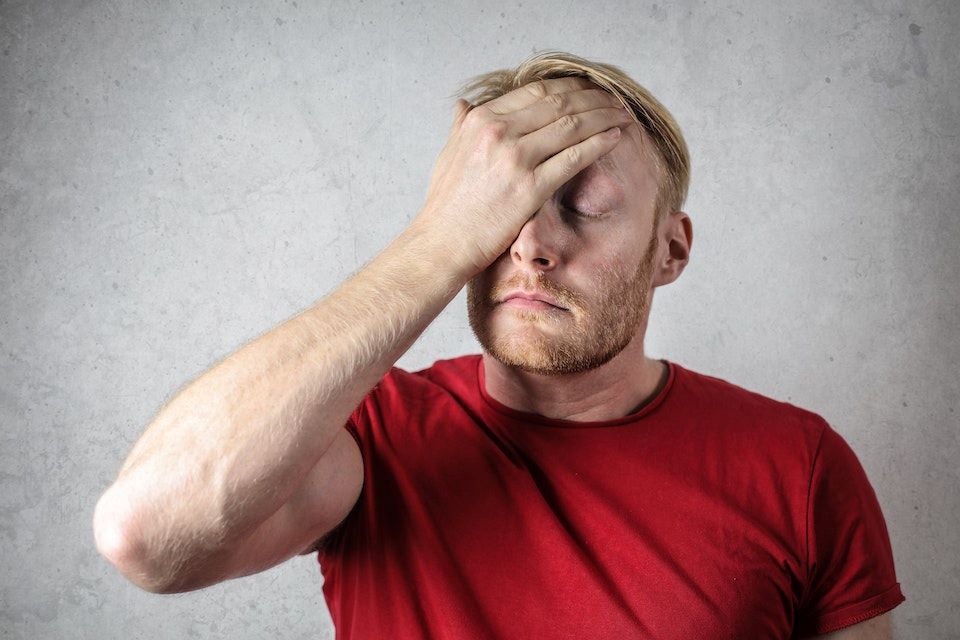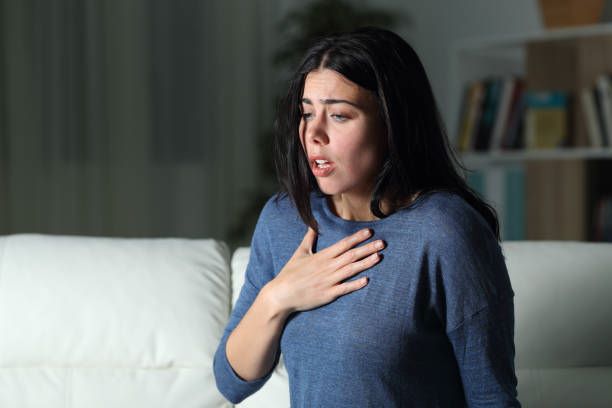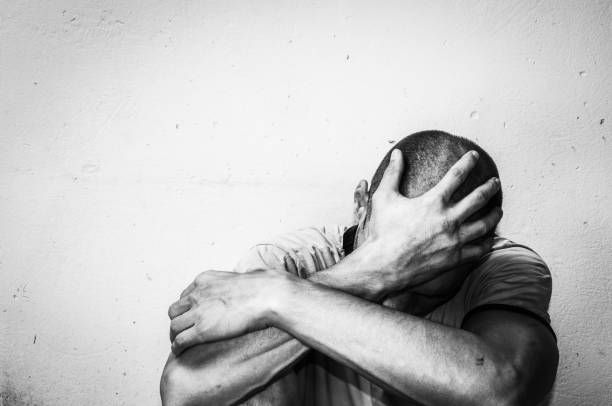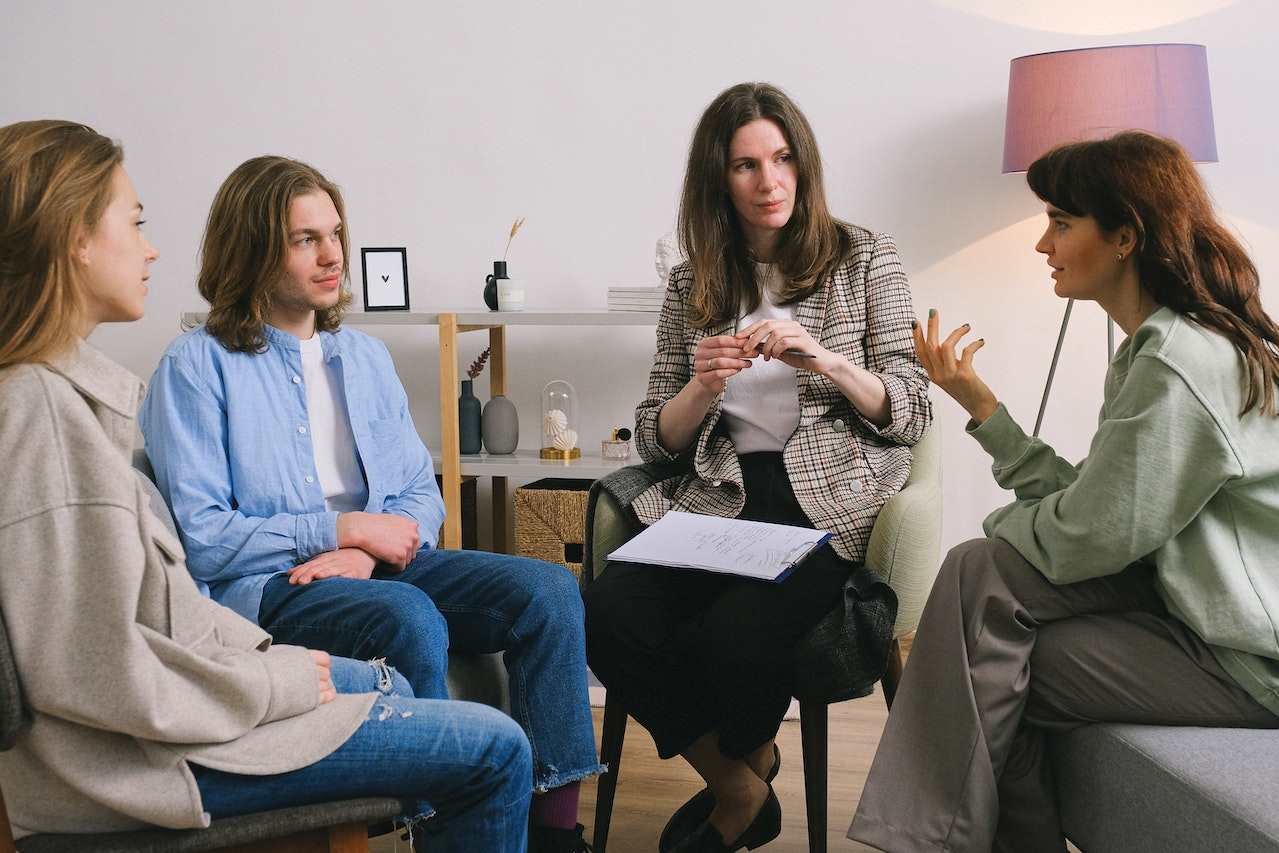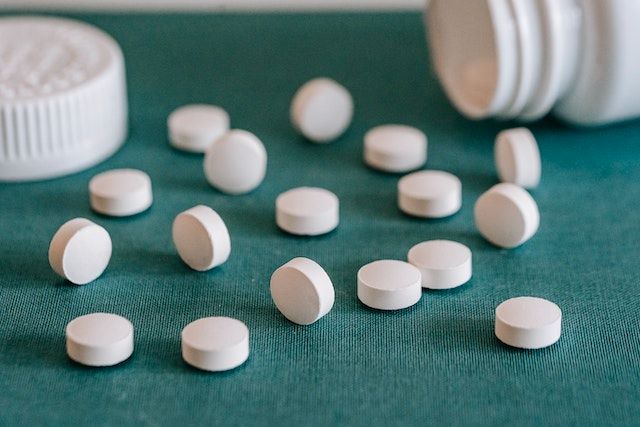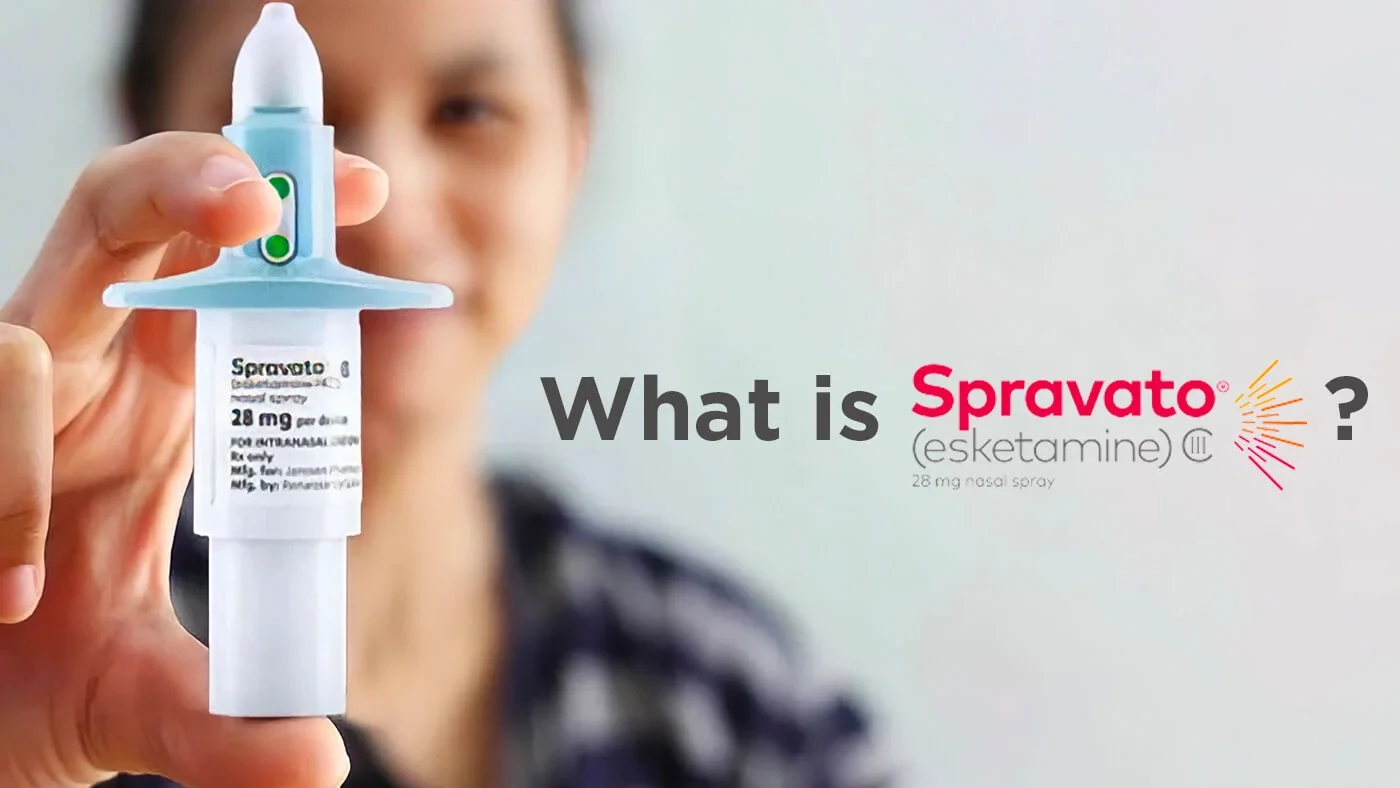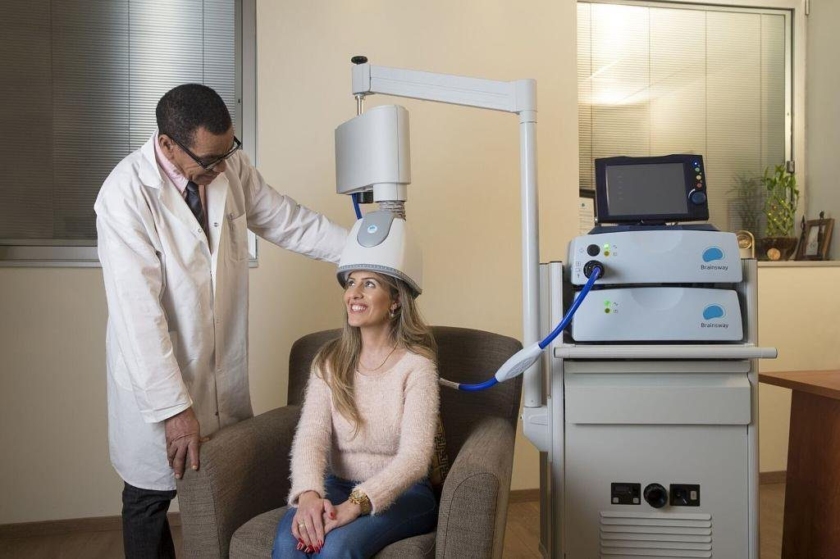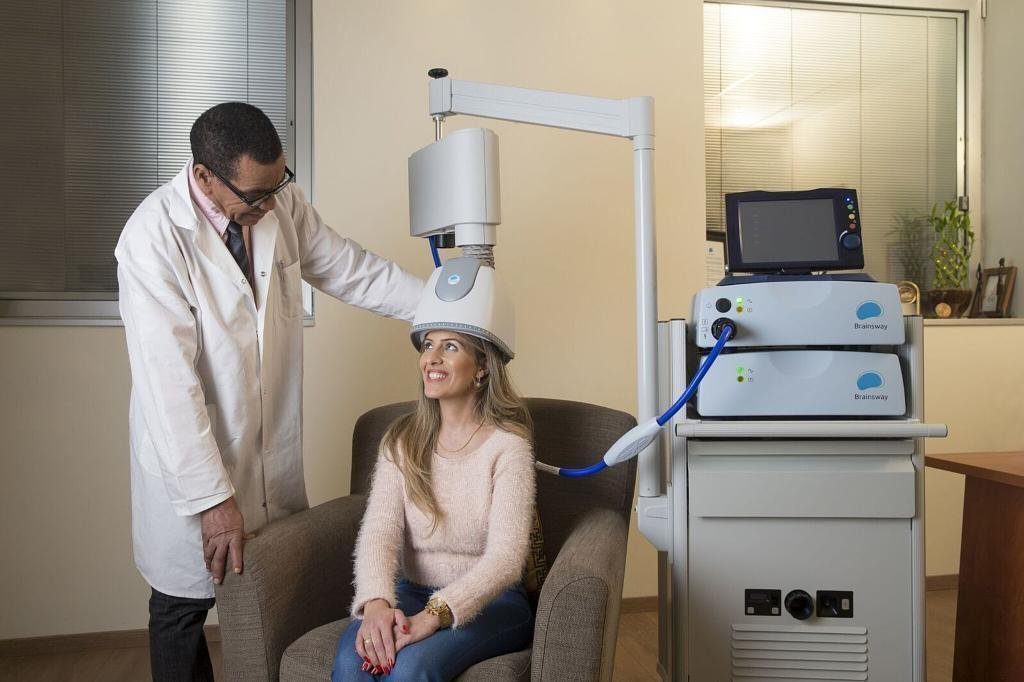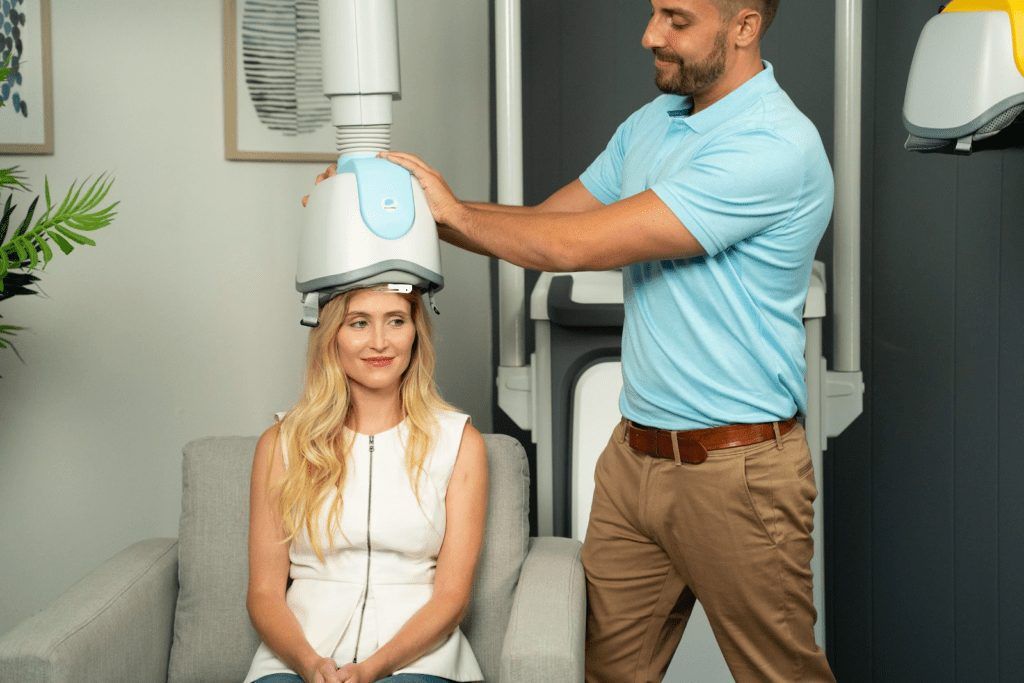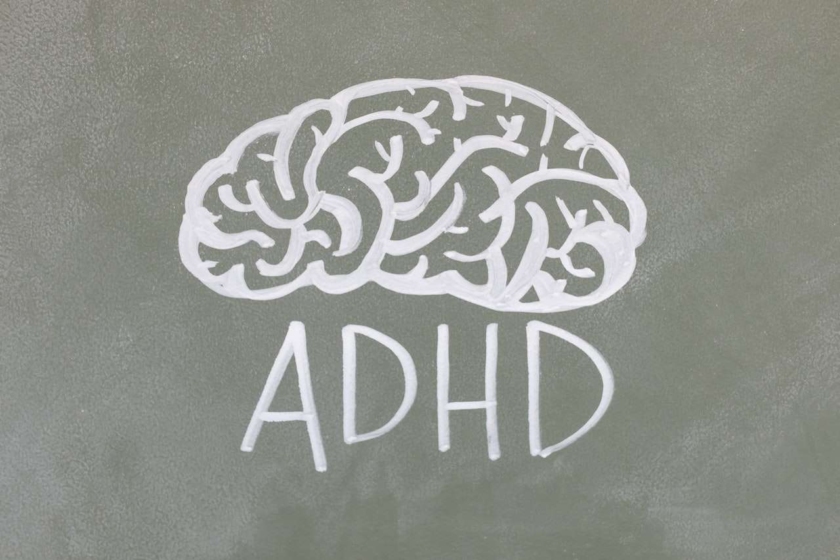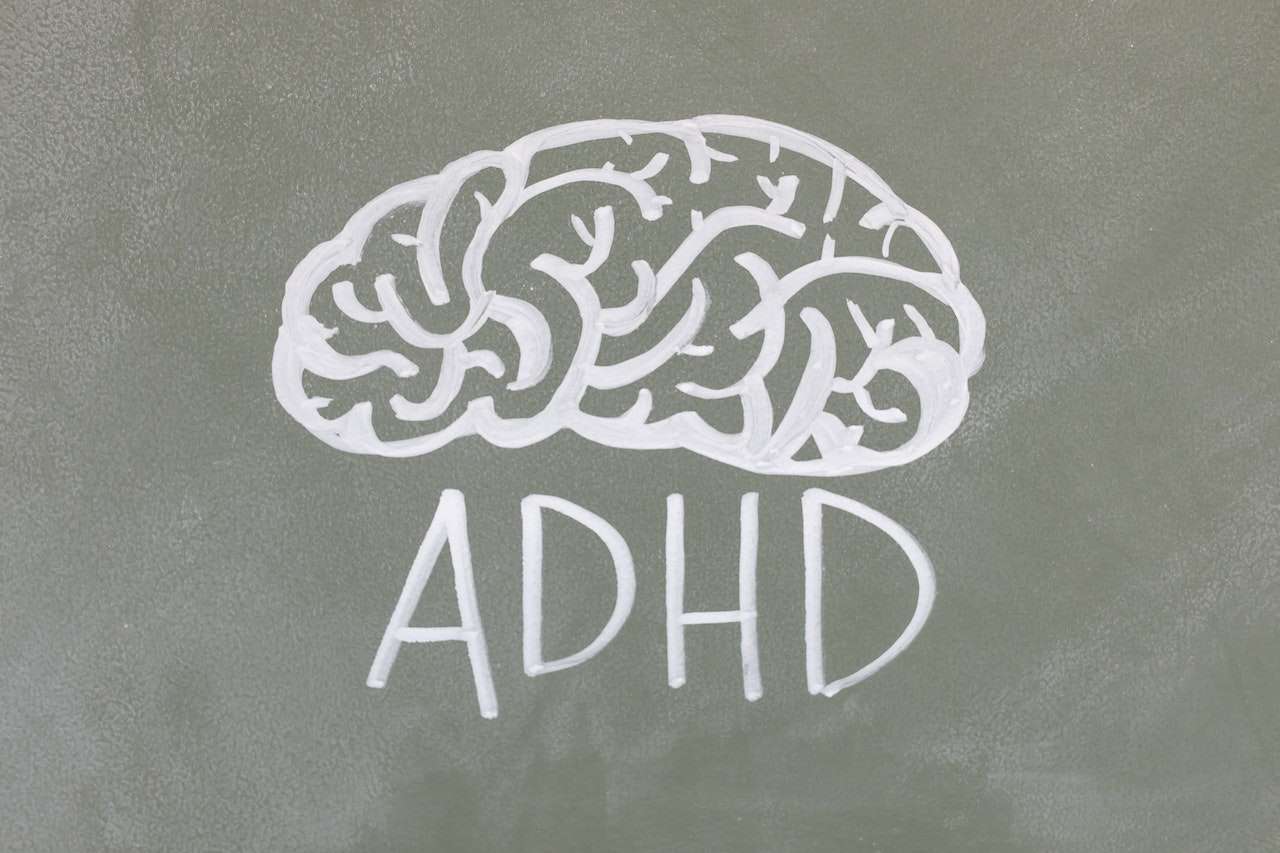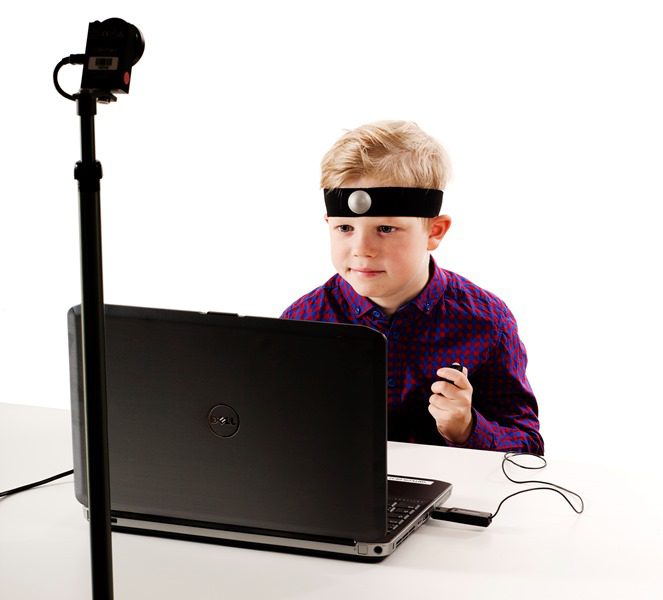
Expert outpatient care for bipolar disorders. Our specialized treatment can help manage symptoms and improve your quality of life.
Bipolar disorder is a mental illness that affects millions of people around the world. It is distinguished by alternating spells of mania or hypomania and depression. Mood swings can be extreme and unexpected, making it difficult for people to live a stable and productive life.
We understand the difficulties that people with bipolar disorder confront at our outpatient psychiatric services. To assist manage the symptoms of this disease, we provide comprehensive and tailored care, including medication management, therapy, and lifestyle adjustments.
Education is a critical component of our strategy. We believe knowledge is power, so we work with our patients closely to help them understand their illnesses and create appropriate coping skills. This involves learning to spot the warning signals of an impending episode, dealing with stress, and living a healthy lifestyle.
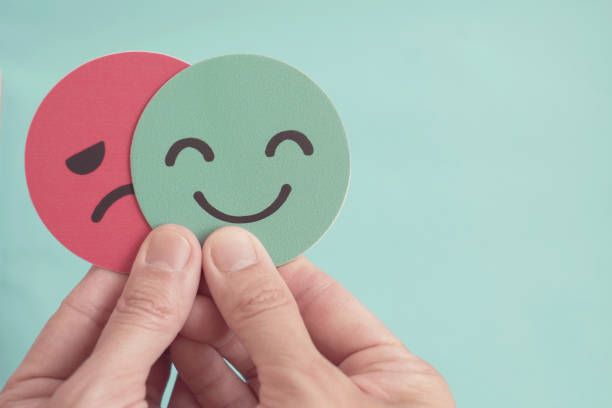
Medication management is another key element of our care. There are several drugs that can be used to treat bipolar disorder, and we work closely with our patients to discover the one that is most beneficial for them. We closely monitor our patients’ medication use and make adjustments as needed to maintain optimal symptom management.
Therapy, in addition to medication, can be a helpful technique for controlling bipolar disorder. Our outpatient psychiatric services include cognitive-behavioral therapy, psychotherapy, and family therapy. These therapies can help people with bipolar disorder better understand their condition, develop coping skills, and enhance their connections with others.
We are devoted to delivering the finest quality care for persons with bipolar disorder through our outpatient psychiatric services. Our goal is to assist our patients in managing their symptoms and living a full and productive life. If you or a loved one is suffering from bipolar disorder, please contact us to learn more about how we can assist.
| Criteria | Bipolar I Disorder | Bipolar II Disorder |
|---|---|---|
| Presence of manic episode | Required for diagnosis | Not required for diagnosis |
| Presence of hypomanic episode | May occur but not required for diagnosis | Required for diagnosis |
| Presence of major depressive episode | May occur but not required for diagnosis | Required for diagnosis |
| Duration of manic/hypomanic episode | At least 1 week or less if hospitalization required | At least 4 consecutive days |
| Impairment or hospitalization | Severe impairment or hospitalization may occur | Impairment not severe enough to require hospitalization |
| Psychotic features | May occur during manic episode. | Rare |
| Onset age | Can occur at any age | Often begins in adolescence or early adulthood |
| Gender differences | Equal prevalence in males and females | More common in females |
| Treatment | Mood stabilizers, antipsychotics, and psychotherapy | Mood stabilizers and psychotherapy |
Differences between bipolar 1 and bipolar 2 disorders. Note: This table is intended to provide general information only and is not intended to replace expert medical advice. If you believe that you or a loved one has bipolar illness, please get an appropriate diagnosis and treatment plan from a mental health expert.
https://www.youtube.com/embed/7qir8-ncvBA?feature=oembedBipolar Disorder Explained Clearly
| Criteria | Major Depressive Disorder | Bipolar 1 Disorder | Bipolar 2 Disorder |
|---|---|---|---|
| Distinct Periods of Mania/Hypomania | No | Yes | Yes |
| Distinct Periods of Depression | Yes | Yes | Yes |
| Manic Episode | No | Yes | No |
| Hypomanic Episode | No | No | Yes |
| Duration of Mood Episodes | At least 2 weeks for depressive episode | At least 1 week for manic or hypomanic episode | At least 1 week for hypomanic episode |
| The severity of Mood Episodes | Depressive episode is severe enough to cause impairment in social, occupational or other areas of functioning | Manic episode causes severe impairment in social, occupational or other areas of functioning, may include psychotic features | Hypomanic episode causes mild to moderate impairment in social, occupational or other areas of functioning |
| History of Mood Episodes | May have a history of previous depressive episodes, but not manic or hypomanic episodes | May have a history of previous manic or hypomanic episodes | May have a history of previous hypomanic episodes and depressive episodes |
Difference between major depression and bipolar disorder.


